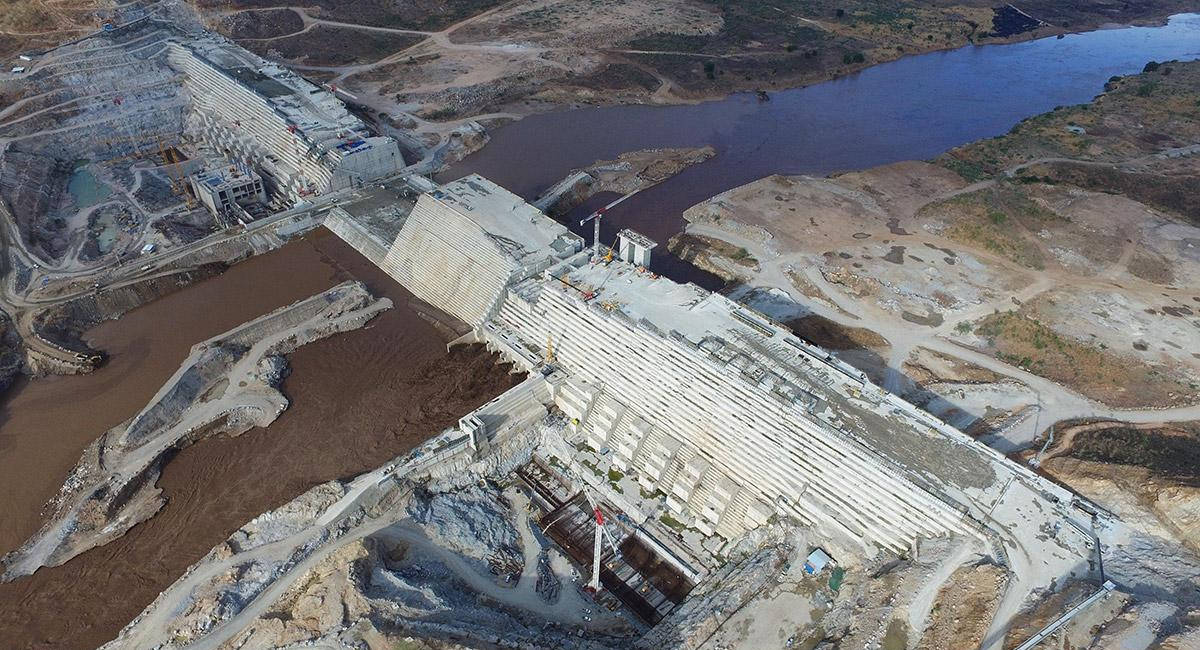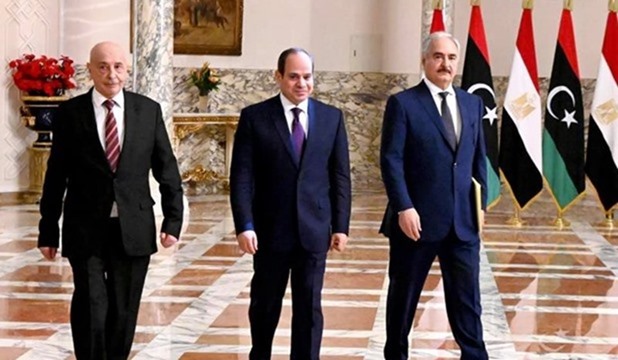For almost a decade Ethiopia has been working on the construction of the largest dam in Africa, the Grand Ethiopian Renaissance Dam (GERD). Construction has progressed to the point where Ethiopian authorities are preparing to start filling the dam’s giant reservoir, sparking fears of possible water shortages in Sudan and Egypt.
On Monday, June 8, Ethiopian Prime Minister Abiy Ahmed announced that Ethiopia is ready to proceed with a partial filling of the reservoir. “The dam is a project that will pull Ethiopia out of poverty,” Ahmed told lawmakers. “Ethiopia wants to develop together with others, not hurt the interests of other countries.”
However, the opinion was not shared in Egypt, a country that relies heavily on water from the Nile river, downstream from the GERD. Egyptian President Abdel Fattah el-Sisi released a statement on Tuesday, June 9, accusing Ethiopia of “a new tactic of stalling and shirking responsibility” and accused the country of stalling negotiations in order to start filling the reservoir.
Washington deal
“It is a hugely important and sensitive issue,” said Mirette Mabrouk, director of the Middle East Institute’s Egypt Studies program. “It’s a matter of life and death for a lot of people, certainly for more than a million Egyptians.”
The escalation of the war of words between Egyptian and Ethiopian leadership comes after Sudan and Egypt held separate meetings on February 24 where the United States, an observer in the negotiations, presented what is now called “the Washington deal.”
The United States Treasury department released a statement saying the US “believes that the work completed over the last four months has resulted in an agreement that addresses all issues in a balanced and equitable manner, taking into account the interests of the three countries,” urging Ethiopia not to commence the filling of the reservoir “without an agreement.”
Tuesday’s meeting
On Tuesday June 9, Sudan’s Prime Minister Abdalla Hamdok got Egypt and Ethiopia back to the negotiating table, joined by EU, US, and South African observers. The meeting resulted in Egypt, Ethiopia, and Sudan agreeing to commit to daily meetings in order to ease tensions.
Ministers from the three countries spoke for five hours as Ethiopia claims sovereignty over the Nile water on its territory, while Egypt accuses Ethiopia of violating an agreement signed at the start of construction.
Ethiopia now claims the United States is overstepping its role as a mediating observer by presenting a deal to Ethiopia that was already signed by Egypt, a strategic ally of the US in the region. Sudan appears to accept much of the US proposal, which Ethiopia, in turn, objects to.
Differing opinions
Sudan and Egypt both want a “comprehensive agreement” before Ethiopian authorities start filling the reservoir, as they fear doing so would cause droughts in an already hot and dry year.
Sudan prefers the “Washington deal”, but Ethiopia rejects it because it did not take part in the February negotiations. Ethiopia also disputes the deal’s characterization that negotiations on guidelines and rules for filling the reservoir have been resolved.
For the foreseeable future, Sudanese, Egyptian and Ethiopian negotiators will now hold daily talks, with the exception of Fridays and Sundays, in order to defuse tensions where Ethiopia feels increasingly backed into a corner by powerful foreign actors aligned with Egypt. Sudan and Egypt, meanwhile, fear that the filling of the giant dam’s reservoir could worsen an already poor year for local agriculture and worsen the chance of famine and droughts in the region.


